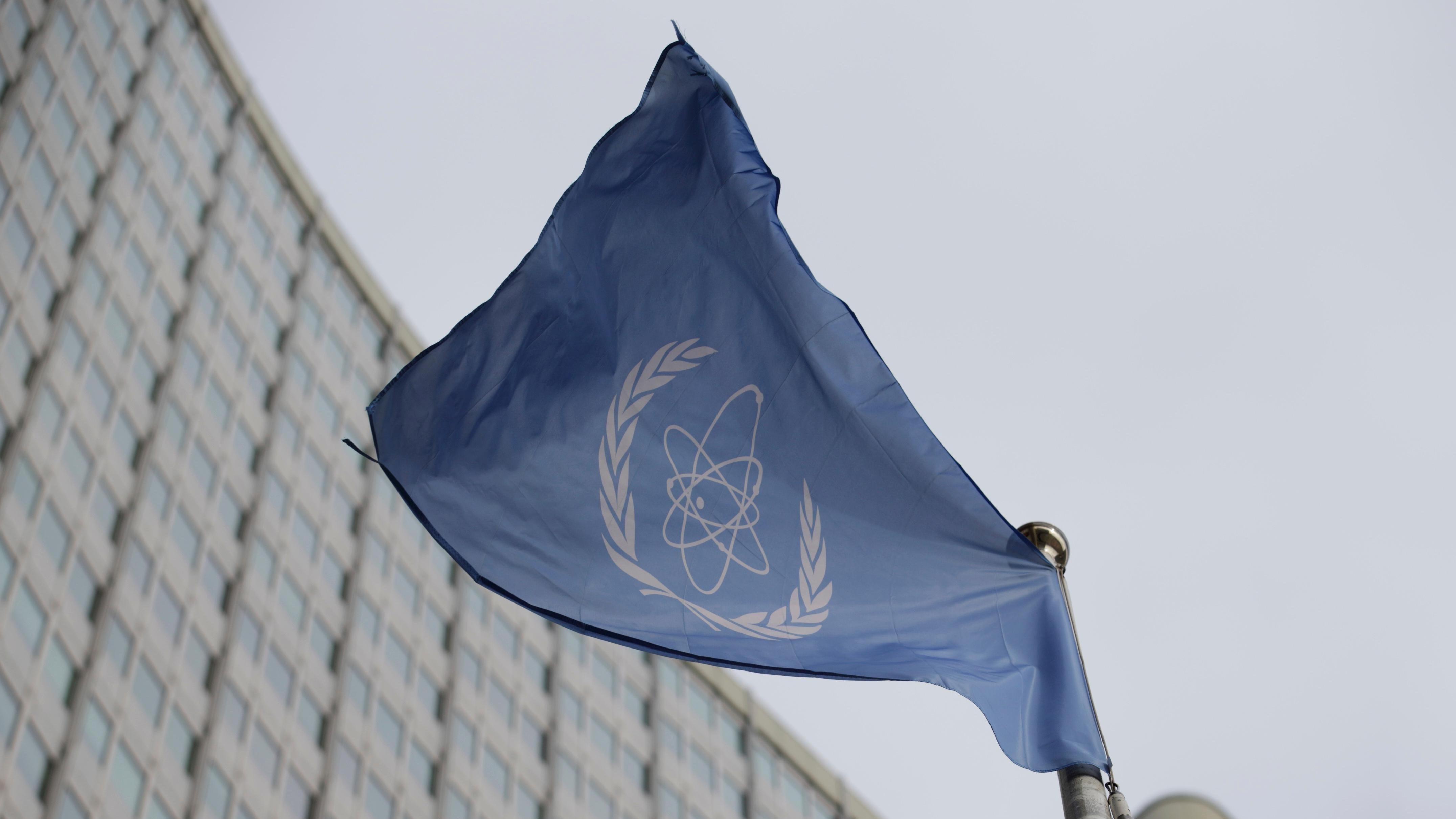UN agency report says Iran has further increased its uranium stockpile
VIENNA

Iran has further increased its stockpile of uranium enriched to nearly weapons-grade levels, according to a report by the United Nations’ nuclear watchdog seen by The Associated Press on Wednesday.
The International Atomic Energy Agency also said that Iran has pushed back against the agency's objections to Tehran's ban on some of its inspectors designated to monitor the country's nuclear program.
In its confidential quarterly report distributed to member states, the International Atomic Energy Agency said that according to its assessment, as of Oct. 28, Iran has an estimated 128.3 kilograms (282.9 pounds) of uranium enriched up to 60% purity, which represents an increase of 6.7 kilograms since its September report.
Uranium enriched at 60% purity is just a short, technical step away from weapons-grade levels of 90%.
The IAEA report also estimated that as of Oct. 28, Iran’s total enriched uranium stockpile was at 4,486.8 kilograms, an increase of 691.3 kilograms since the last quarterly report in September 2023.
In an effort to ensure Iran could not develop nuclear weapons, world powers struck a deal with Tehran in 2015 under which it agreed to limit enrichment of uranium to levels necessary for nuclear power in exchange for the lifting of economic sanctions. U.N. inspectors were tasked with monitoring the program.
Then-President Donald Trump unilaterally pulled the U.S. out of the accord in 2018, saying he would negotiate a stronger deal, but that didn’t happen. Iran began breaking the terms a year later. Those included provisions that Iran was allowed to enrich uranium only up to 3.67% purity and maintain a stockpile of uranium of 300 kilograms.
U.S. President Joe Biden has said he’d be willing to re-enter a nuclear deal with Iran, but formal talks to try to find a roadmap to restart the deal collapsed in August 2022.
Iran has long denied ever seeking nuclear weapons and continues to insist that its nuclear program is entirely for peaceful purposes. But the IAEA’s director-general has warned Tehran has enough enriched uranium for “several” nuclear bombs if it chose to build them.
In a second confidential report distributed to member states, the watchdog said that no progress has been made on its request that Iran explain the origin and current location of manmade uranium particles found at two locations that Tehran has failed to declare as potential nuclear sites, which the IAEA named as Varamin and Turquzabad.
The report also says that there is no progress thus far in getting more monitoring equipment, including cameras, re-installed that had been removed by Iran in June 2022. Iran responded to criticism by the U.S., Britain, France and Germany on that issue by barring several of the IAEA’s most experienced inspectors from monitoring its nuclear program.
IAEA director general Rafael Grossi has sought to persuade Iran to relent.
But according to the latest report, Mohammad Eslami, the head of Iran's civilian nuclear program, reasserted in a letter received Wednesday by the IAEA that it was “within its rights to de-designate the Agency inspectors" and stated that the watchdog's “assertion” of the potential risks of impeding the conduct of inspections ‘is not compelling and lacks any legal basis."
Eslami added, however, that he was “exploring possibilities to address the request” to reconsider the ban on the inspectors.
The IAEA has said it views as “extreme and unjustified” Iran's decision to withdraw inspectors who come from three European countries that Eslami has reportedly said “regularly demonstrated harsh political behaviors.”
The latest IAEA reports come as tensions in the Middle East escalate.
















